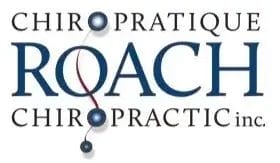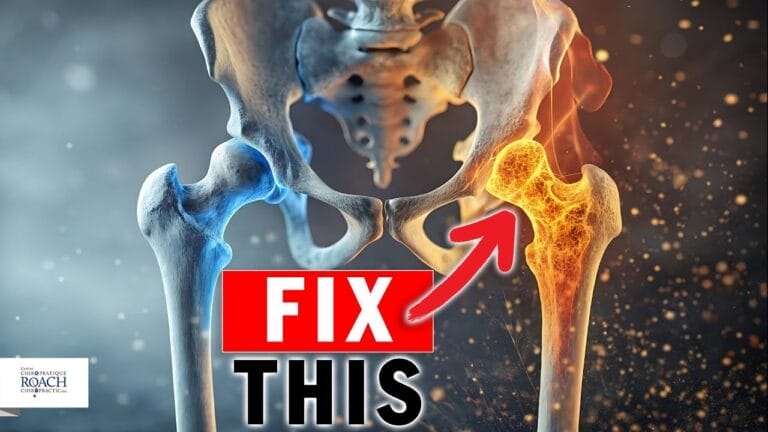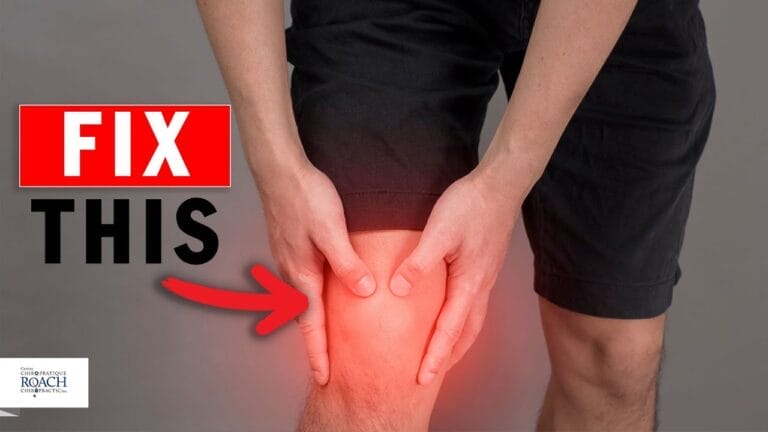Chiropractors and Disc Herniations

Disc herniations are a common spinal condition that can cause significant pain and discomfort, affecting mobility and overall quality of life. Whether due to injury, poor posture, or degenerative changes, a herniated disc can lead to nerve compression and radiating pain. Chiropractic care offers a non-invasive, drug-free approach to managing disc herniations by addressing spinal alignment, reducing inflammation, and promoting natural healing. This blog post explores the causes, symptoms, chiropractic solutions, best practices, exercises, and the importance of ongoing care.
Understanding Disc Herniations
A herniated disc occurs when the soft, gel-like center of an intervertebral disc pushes through a crack in the tougher outer layer. This condition can affect any part of the spine but is most common in the lumbar (lower back) and cervical (neck) regions. Herniated discs can irritate nearby nerves, leading to pain, numbness, or weakness in the affected limb.
Canadian and Worldwide Statistics
- In Canada, disc herniations account for a significant portion of chiropractic visits, with many patients seeking relief from lower back and neck pain.
- Globally, chiropractic care has been shown to reduce the need for surgery in some cases of spinal disc herniation, with patient satisfaction rates exceeding 90%.
- Low back pain, including disc herniations, is the leading cause of disability worldwide.
Identifying Symptoms of Disc Herniations
Symptoms of a herniated disc vary depending on the location and severity of nerve compression but commonly include:
- Sharp or burning pain in the lower back, neck, arms, or legs.
- Numbness or tingling in the affected area.
- Muscle weakness, leading to difficulty lifting or holding objects.
- Pain that worsens with certain movements, such as bending or twisting.
Step-by-Step Guide to Managing Disc Herniations
1. Chiropractic Adjustments
Chiropractic care focuses on realigning the spine to reduce nerve compression and improve mobility. Techniques such as spinal manipulation, flexion-distraction, and decompression therapy can help alleviate pain and promote healing.
2. Stretching & Strengthening Exercises
Regular exercises help improve flexibility and reduce tension in the spine and surrounding muscles. Chiropractors often recommend core-strengthening exercises to support spinal stability.
3. Lifestyle Adjustments
- Maintain proper posture while sitting and standing.
- Take frequent breaks from prolonged sitting.
- Use ergonomic furniture to support spinal health.
4. Heat & Cold Therapy
Applying heat relaxes muscles, while cold therapy reduces inflammation.
Quotes on Chiropractic Care and Disc Herniations
“Chiropractic care offers a safe, effective alternative to surgery for disc herniation relief.” – Dr. Peter Rothbart
Short and Long-Term Benefits of Chiropractic Care
Short-Term Benefits:
- Immediate pain relief and reduced inflammation.
- Improved mobility and flexibility.
Long-Term Benefits:
- Prevention of recurring disc herniation symptoms.
- Enhanced spinal health and nerve function.
Best Practices & Routines for Disc Herniation Prevention
- Daily stretching to maintain flexibility.
- Proper lifting techniques to avoid strain.
- Regular chiropractic visits to prevent misalignment.
Exercises & Stretches for Disc Herniation Relief
- Pelvic Tilts – Strengthen core muscles and improve spinal stability.
- Cat-Cow Stretch – Enhances spinal flexibility.
- Knee-to-Chest Stretch – Relieves lower back tension.
The Importance of Ongoing Chiropractic Care
Consistent chiropractic care helps maintain spinal alignment, reducing the likelihood of disc herniation recurrence. By addressing nerve compression and muscle tension, chiropractic adjustments provide long-term relief and improve overall mobility.
Disc herniations can significantly impact daily life, but chiropractic care offers an effective, non-invasive solution. By incorporating adjustments, exercises, and lifestyle modifications, individuals can manage disc herniation symptoms and prevent future complications. If you’re experiencing spinal discomfort, consider scheduling an appointment with Roach Chiropractic to explore personalized treatment options. Contact us today to start your journey toward pain-free living!
SHARE THIS






